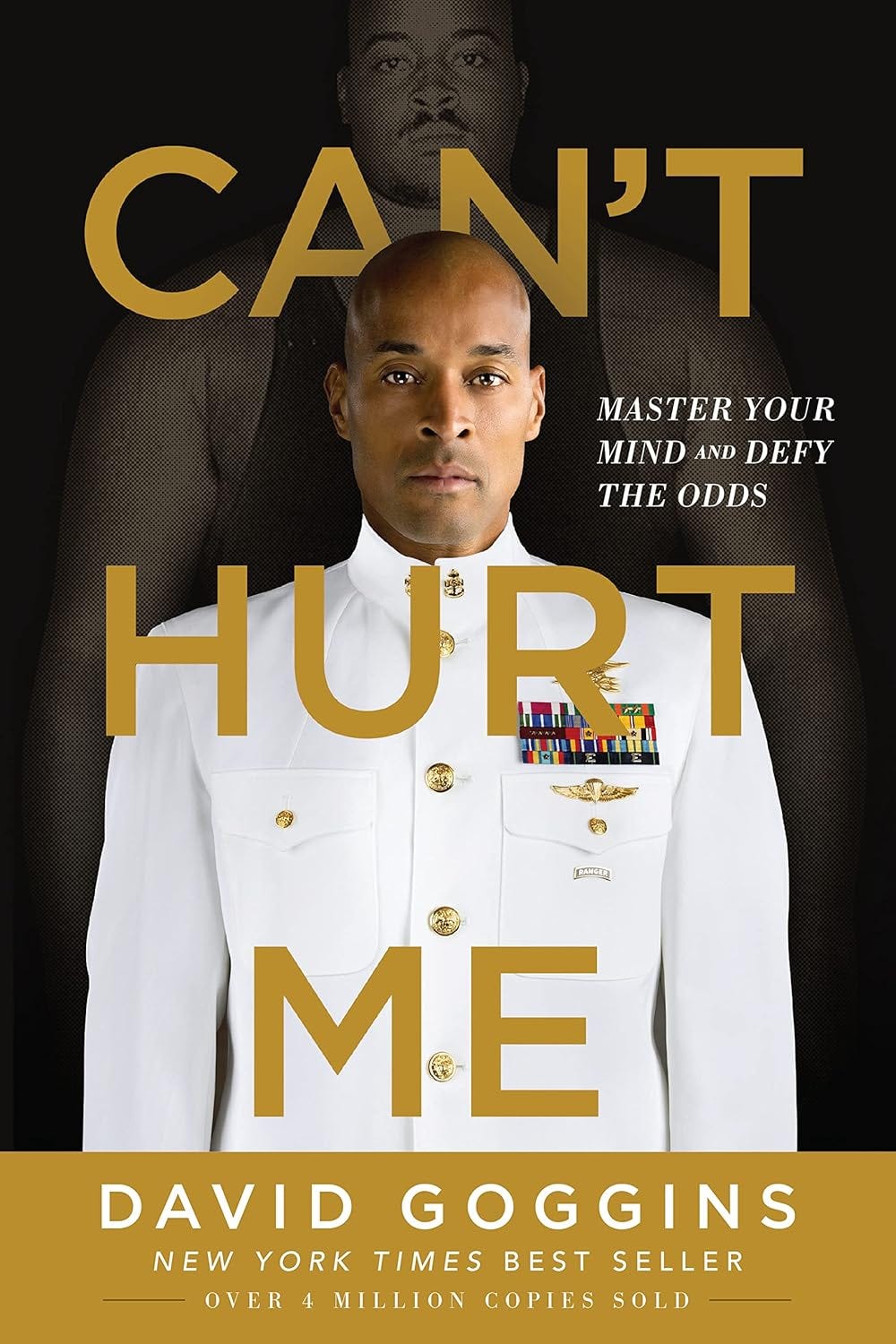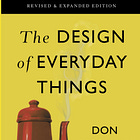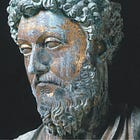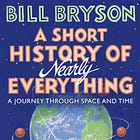David Goggins' Can't Hurt Me is a raw, uncompromising memoir that reads like a masterclass in mental toughness delivered by someone who has endured more pain than most people could imagine. The former Navy SEAL and ultramarathon runner argues that true strength comes from embracing discomfort and pushing far beyond perceived limitations.
Goggins' childhood was a nightmare of abuse and racism. His father, Trunnis, ran a roller skating rink where the family lived in the back office. Trunnis brutally controlled every aspect of their lives, forcing David and his mother to work at the rink while subjecting them to physical and psychological abuse. When they finally escaped to Indiana, Goggins discovered he could barely read, having missed years of proper education. Classmates called him racial slurs, and he felt completely powerless.
The transformation began when Goggins, weighing nearly 300 pounds and working as a pest control technician, saw a Navy SEAL documentary on television. Despite being severely overweight and out of shape, he decided to attempt SEAL training. This required losing over 100 pounds in three months—a goal that would have seemed impossible to most people. Goggins achieved it through extreme measures, including two-a-day workouts and a near-starvation diet.
SEAL training, known as BUD/S, broke most candidates, but Goggins endured it three times. During his first attempt, he suffered stress fractures in both legs but continued training, eventually being medically dropped. His second attempt ended when he broke his kneecap. The third time, despite kidney problems and other injuries, he finally graduated. He explains how he learned to find strength in moments when his mind screamed to quit.
Goggins introduces the concept of the "40% rule"—his belief that when people think they're completely exhausted, they've only tapped into 40% of their actual capability. This principle became central to his philosophy of pushing through perceived barriers.
After his military career, Goggins became obsessed with ultramarathon running, often competing in 100-mile races with minimal training. During a race through Death Valley in temperatures exceeding 120 degrees, he experienced kidney failure and stress fractures but continued running. He describes hallucinating from exhaustion and dehydration, yet finding ways to keep moving forward when his body wanted to collapse.
The book reveals Goggins' practice of seeking out suffering deliberately. He runs in the worst weather conditions, takes ice baths regularly, and designs workouts specifically to test his mental limits. When training for ultramarathons, he would run 20 miles to work, complete his Navy SEAL duties, then run 20 miles home—not because it was required, but because it built mental resilience.
Goggins introduces "accountability mirrors," where he forces himself to confront uncomfortable truths by literally looking in the mirror and acknowledging his weaknesses. When he struggled academically, he would tape his poor test scores to the mirror and remind himself daily of what needed improvement. This brutal self-honesty became a cornerstone of his personal development.
The author's approach to setbacks is particularly striking. When told he had a heart defect that could end his military career, he researched the condition obsessively and found a surgeon willing to perform the risky procedure needed to continue serving. Rather than accepting limitations, he consistently found ways around obstacles that would stop most people.
Can't Hurt Me ultimately argues that comfort is the enemy of growth. Goggins contends that modern life's conveniences have made people soft, and that deliberately choosing difficult paths builds the mental strength necessary for achieving extraordinary things. His message is simple but demanding: stop making excuses, embrace suffering, and discover what becomes possible when the mind refuses to quit.
Get the book: USA | India | UK
Check out the previous books we’ve covered:








"Can't Hurt Me ultimately argues that comfort is the enemy of growth. Goggins contends that modern life's conveniences have made people soft, and that deliberately choosing difficult paths builds the mental strength necessary for achieving extraordinary things. His message is simple but demanding: stop making excuses, embrace suffering, and discover what becomes possible when the mind refuses to quit." So powerful, I haven't read the book (yet?) but believe in Goggins' message!!! I realized this early in life!!!